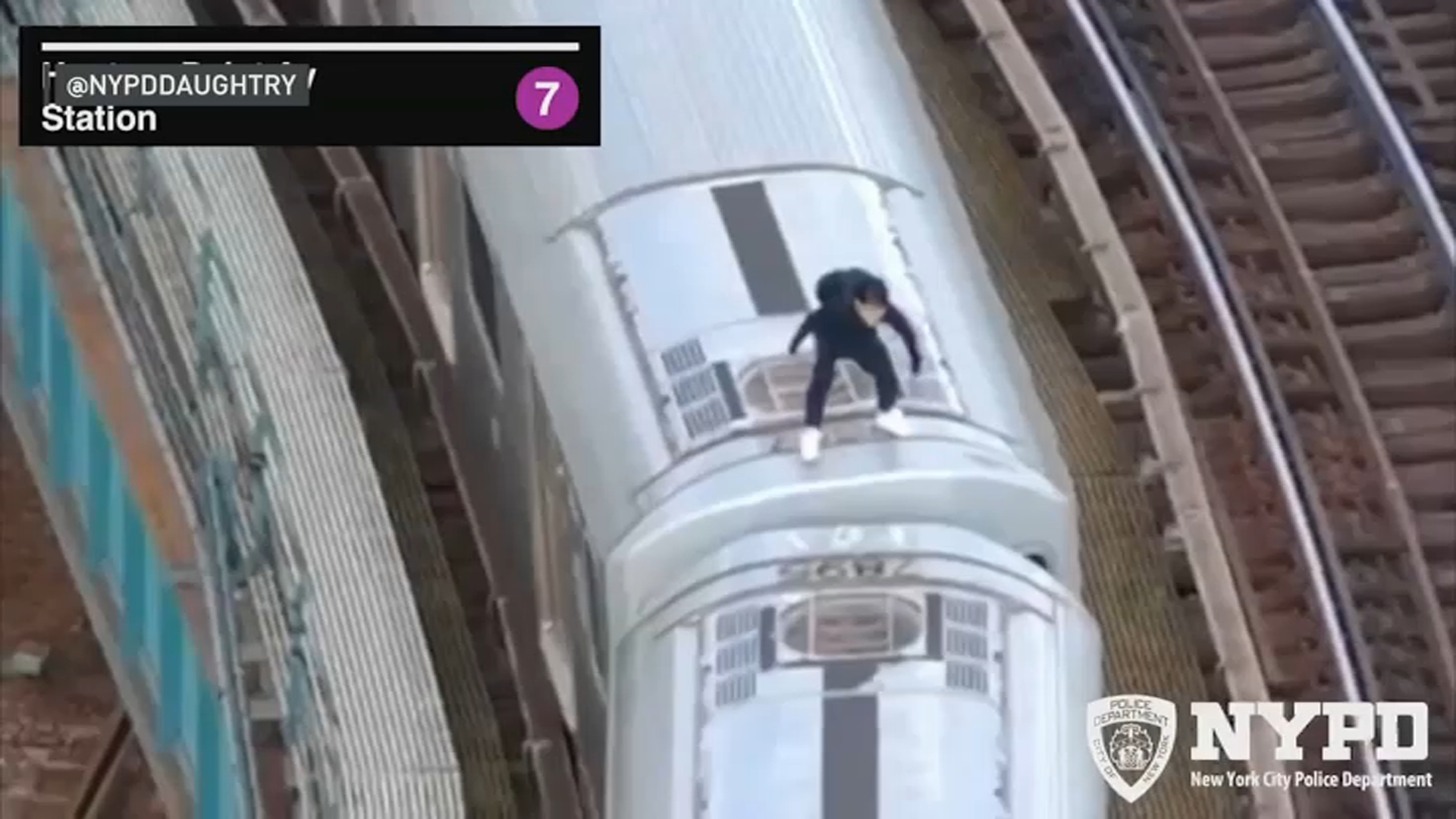A plummet in ridership amid the coronavirus outbreak has put New York and New Jersey's essential mass transit services in desperate financial need, with both now asking for federal bailouts in the billions.
MTA Chairman Pat Foye said there has been a "precipitous decline in ridership" across the system that have brought it to "never-before-seen lows." He is asking the federal government for an urgent bailout of more than $4 billion.
As of March 24, New York City subways are down 87 percent, with buses down more than 70 percent. Commuter railroads have been hit even harder: The MTA said LIRR ridership has been down 71 percent, while Metro-North was down a staggering 94 percent, a number almost hard to believe for one of the busiest rail systems in America.
Foye said the $4 billion ask assumed the ridership trend was annualized. "Clearly ridership is going to be depressed during the duration of the pandemic and for some period thereafter," he said. Asked what would happen if a bailout didn't come, Foye told 1010 WINS he would not even contemplate it. He later said that extending a line of credit would not be a long-term solution, making a bailout the only option for their survival.
NJ Transit, which also runs one of the nation's busiest commuter networks, has asked Congress for a $1.25 billion bailout just to survive. CEO Kevin Corbett said ridership has plunged 88 percent in 10 days, just since March 9, and that fare revenue has fallen accordingly.
"The financial toll to NJ TRANSIT is and, from all indicators, will continue to be
extraordinary and beyond anything experienced in our company’s history," Corbett says in the letter. "We are currently looking at efficiencies, however, we cannot overcome the unprecedented financial burden this national emergency has created on our own."
Similarly, the Port Authority said earlier in March that if the current decrease in ridership or use continues, the agency would need a bailout of $1.9 billion. As it is, the Port Authority says car traffic at their bridge and tunnel crossings — where cash tolls have been suspended in favor of electronic collection — has dropped by 55 percent, and weekday ridership on PATH has plummeted 90 percent. Passenger traffic at area airports has also been cut by 85 percent compared to March 2019.
News
Amtrak also said that it and its state partners would need a $1 billion bailout from the federal government, as bookings had been cut in half since the outbreak. Days after that announcement, the rail service said it would be temporarily stopping its Acela Express trains in the Northeast Corridor. Local Northeast Regional trains from New York to Boston would still operate, but at a 60 percent reduction of its usual weekday service.
At this point, there is no tri-state plan to shut down mass transit, though the agency has begun to scale back service to match reduced ridership. Foye said the priority is to maintain services so medical workers and first responders can get to work. He stressed mass transit remains a safe option for doing that.
NJ Transit previously announced all rail lines, with the exception of the ACRL, will operate on a weekend schedule with slight modifications. NJ Transit encouraged riders to sign up for My Transit alerts to receive the latest updates.
"The subways, buses, commuter rails are safe, they're being disinfected at a frequency and intensity that's never been the case," Foye said. That frequency was adding $300 million of increased operating expense, he said.
There is no immediate plan to shut down roads either but the states' emergency declarations give them the power to do so if needed.



